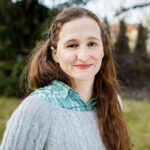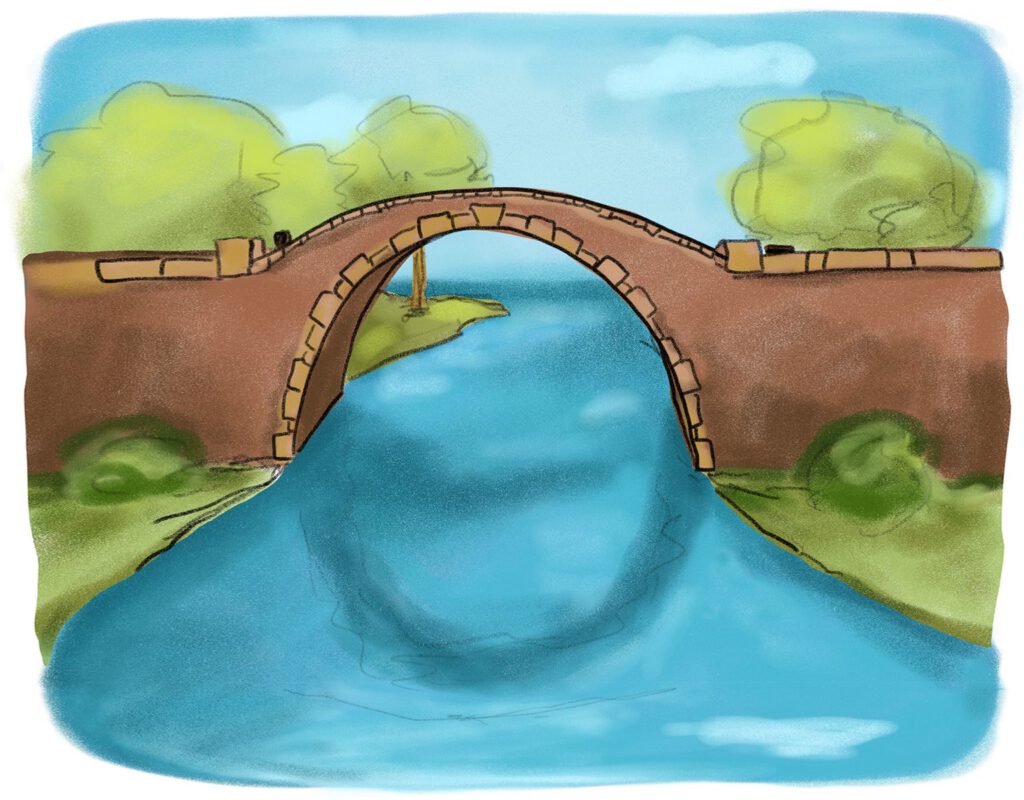In recent years, we find ourselves living in a world dominated by strife, division, alternative facts, contradictory statements and beliefs that seem mutually exclusive. People fight for their one and only truth and leave no space for discussion or consideration of another point of view. Following in the footsteps of Franz Rosenzweig, who believed that answers to modern Jewish dilemmas can be discovered through a careful study of classical rabbinic texts, I posed the following questions: How did the Sages of the era of classical Judaism react when they found themselves in a highly divisive social environment? How did they deal with multiple contradictions and paradoxes found in the Torah and in rabbinic literature? Why are the contradictions in the text at all? And what can they teach us? As I was researching, a common midrashic literary form known as the petihta came to my attention.
(Midrashic) Petichta Pedagogy

Taube Center for the Renewal of Jewish Life in Poland Foundation Warsaw, Poland

Marta Jankowska.mp3
More PEDAGOGIES RESOURCES
A Pedagogy of the 48: Connecting Pirkei Avot, LIfe, and Learning
Dr. Gila Silverman
Director of Jewish Lifelong Learning
Siegel Lifelong Learning, Case Western Reserve University
This pedagogy invites participants to consider how the 48 different ways of “acquiring Torah” resonates with them
Access ResourceL’Shem Yichud: A Pedagogy For the Sake of Integration
Rabbi Jesse Paikin
Executive Director, Base
L’shem Yichud: For the Sake of Integration is a pedagogy based on an ancient practice of intention setting.
Access ResourceMachloket-i: A Personal, Professional Development Program
Edward Magiste
Educator
The Temple Tifereth Israel
Designed as a professional development strategy, this pedagogy of Machloket targets veteran educators asking to develop their teaching and ideas
Access ResourceLoving Goodness: A Pedagogy through Individuality and Belonging
Charles Herman
Former Executive Director & Founder
The Nesiya Institute
The pedagogy of Loving Goodness explores the tension between self-love and the love of the other
Access ResourceThe Pedagogy of Argument
Robbie Gringras
Co-Founder and Co-Director
For the Sake of Argument
The Pedagogy of Argument seeks to develop learners who are passionate about debates
Access ResourcePedagogy of Kinyan Torah: Helping Students Develop Their Own Interpretations of Torah
Ilana Gleicher Bloom
Founder of Mensch Academy at Mishkan Chicago,
Doctoral Candidate in Jewish Education, Coordinator of Pardes Experiential Educators Program
The pedagogy of Kinyan Torah helps educators support all learners to find their own unique Torah within themselves.
Access Resource